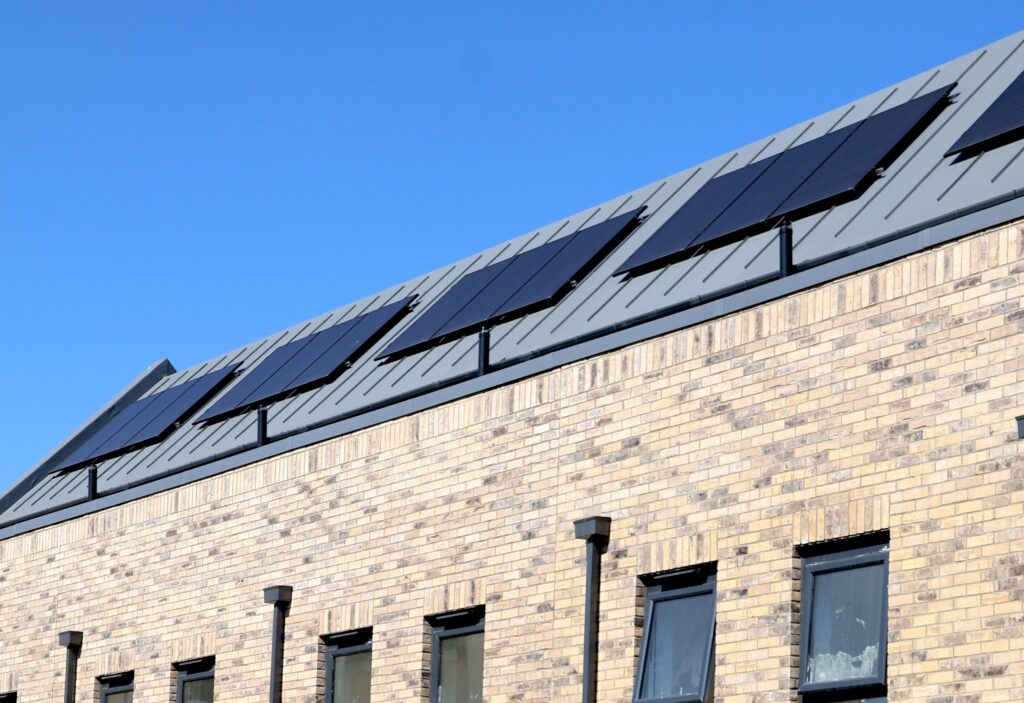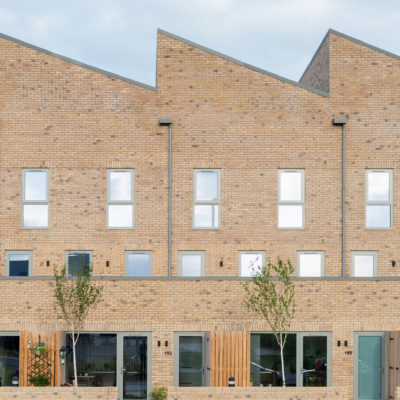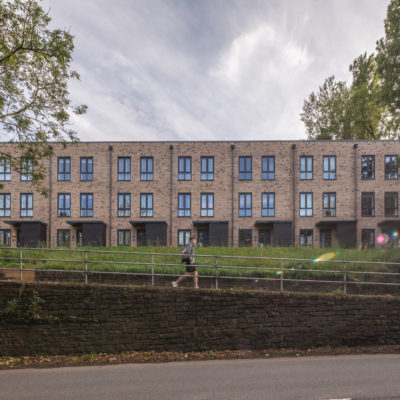Average UK Energy Bills & How to Save Money
Latest Update: December 2025
Understanding the current landscape of UK energy costs is imperative to effectively manage household consumption and minimise your carbon footprint, all while keeping monthly energy bills under control. By analysing various factors such as energy tariffs, daily usage and the changes we can implement, homeowners can make informed decisions that lead to significant savings and guarantee that they can continue to enjoy their home, without the additional stress.
What’s in This Guide:
- Understanding Current Energy Prices
- Does Property Size Affect Energy Consumption?
- Why Do Higher EPC Ratings Result in Cheaper Bills?
- How Are New Builds More Energy Efficient?
- Discovering How to Save Money
- How Will Energy Bills Continue to Change?

Understanding Current Energy Prices
The average UK energy bill varies greatly based on factors such as property size, energy efficiency, and the daily habits of residents. With the rising energy prices, Ofgem periodically introduce price caps, which are designed to reduce financial strain and stop energy providers from charging inflated tariffs.
As of January 1st, 2026, the energy price cap stands at £1,758 per year, which is a 0.2% increase from the previous £1,755, and is applicable to individuals who pay by direct debit, credit, or on a meter on a standard variable tariff. However, it’s important to note that the price cap does not limit your total spend; if you go over the threshold, then an additional rate will apply.
Utilising this price cap is useful in determining average monthly bills in the UK. As it stands, the current unit prices and standing charges are as follows:
| 1st October to 31st December 2025 | Energy Price Cap Per Unit and Standing Charge |
| Electricity | 27.69 pence per kWh
54.75 pence daily standing charge |
| Gas | 5.93 pence per kWh
35.09 pence daily standing charge |
Does Property Size Affect Energy Consumption?
Household size also plays a major role, with British Gas identifying the average monthly cost as follows:
| Gas and Electricity Usage | Average Annual Consumption | Direct Debit | PAYG |
| Flat or 1-Bedroom House | Gas: 8,000kWh
Elec: 1,800 kWh |
£103.08 | £100.47 |
| 3-Bedroom House | Gas: 12,500 kWh
Elec: 2,700 kWh |
£143.58 | £139.62 |
| 4+ Bedroom House | Gas: 17,000 kWh
Elec: 4,100 kWh |
£202.73 | £196.81 |
Appliances play a significant role in understanding your monthly expenses, especially those that heat or cool water and air sources. According to Which, washer-dryers incur the highest annual running cost at £224, followed closely by condenser tumble dryers. In contrast, heat pump dryers are much more cost-effective, with an annual cost of just £58. While appliances like kettles are thought to use a lot of energy, they have a relatively low average annual cost of around £41.

Why Do Higher EPC Ratings Result in Cheaper Bills?
Of course, the size of the house does not always reflect how much the average monthly bill will be, with EPC ratings greatly influencing how energy efficient a property is. ‘A’ categorises the most energy-efficient homes, with ‘G’ reflecting the lowest; the average across the UK is a rating of ‘D’.
Homes with lower EPC ratings tend to be older properties with outdated building techniques, less insulation, and higher carbon emissions. This makes it significantly more difficult for the property to stay warm and less economical.
How Are New Builds More Energy Efficient?
According to the Home Builders Federation (HBF), new build homes cut back on 67% of carbon emissions, saving roughly £700 to £900 each year, making them energy-saving homes. Due to modern building techniques and materials, new homes now strive towards net-zero goals set forth by government legislation, which now incorporates new features like double or triple glazing, solar panels, EV charging, air source heat pumps and additional smart technology. Due to the rising cost of energy, newer homes have become more desirable as a way to future-proof families against this issue.

Discovering How to Save Money
As a homeowner, one of the main considerations you may have is how to keep your bills as low as possible. Firstly, you must have a clear understanding of your existing energy expenses and whether you’re on the best tariff. There are a plethora of comparison websites that are dedicated to helping users switch energy providers, generating significant savings each year. Alongside this, there are a number of practical tips that can make noticeable differences right away.
These include:
- Lowering your thermostat by just one degree
- Reduce the boiler flow rate to between 55°C and 60°C
- Switch to energy-efficient LED bulbs
- Unplug devices that consume power even when not in use
- Wash clothes at 30°C on full loads
- Switching to air fryers is cheaper to run than ovens
- Submit accurate meter readings to be billed correctly
- Insulation effectively keeps homes warmer in winter and cooler in summer
- Seal gaps around window and door frames to eliminate heat loss
- Opt for energy-efficient appliances
In addition to these initial changes, new homeowners are increasingly prioritising the long-term sustainability of their homes. Many young individuals are willing to invest more into a property’s value if it has a higher Energy Performance Certificate (EPC) rating and incorporates smart technology.
Several initiatives are available to encourage sustainable improvements in homes, such as the Green Deal Plan and boiler upgrade grants, which have helped cover the costs of switching from gas boilers to air source heat pumps.
How Will Energy Bills Continue to Change?
As the energy price cap changes every three months, it can be challenging to predict future energy costs. However, trends suggest that bills will continue to drop steadily as we warm up going into 2026. According to parliamentary data, fixed rates provide minimal savings compared to those on a variable alternative, with the most cost-effective way to address energy being to invest in energy efficiency within homes.

Discover Sustainable Living With Sky-House Co.
As part of our vision at Sky-House Co., we are dedicated to achieving a net-zero future, designing and creating sustainable homes that evolve with people throughout life. We don’t believe that property size or average energy use should be detrimental to your monthly outgoings. This is why we integrate energy-efficient smart technology as standard within our homes, including solar panels, EV chargers, air source heat pumps, quality insulating methods, and more.
Unlock the future of green living and explore our beautiful neighbourhoods, ready for you to call home. Contact a member of our friendly team today!
Neighbourhoods

We are proud of our neighbourhoods, which are built with care to create thriving and blossoming communities. Our homes are designed to help people live better lives.




















